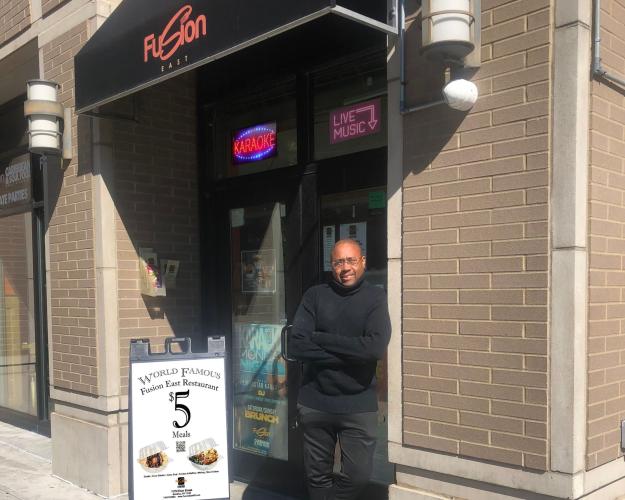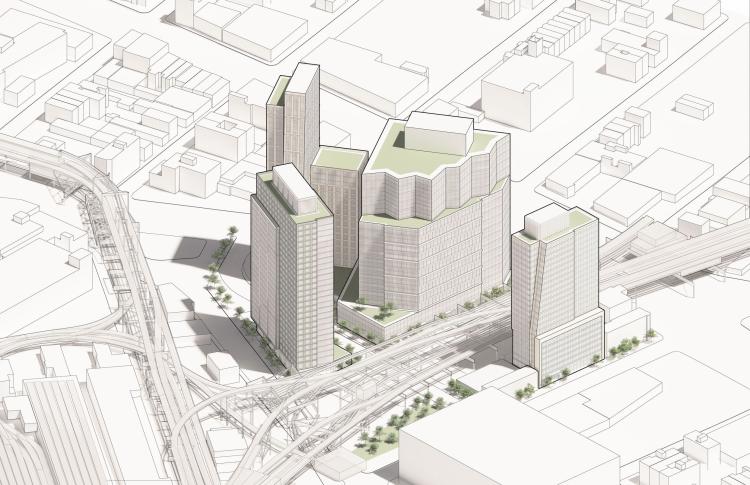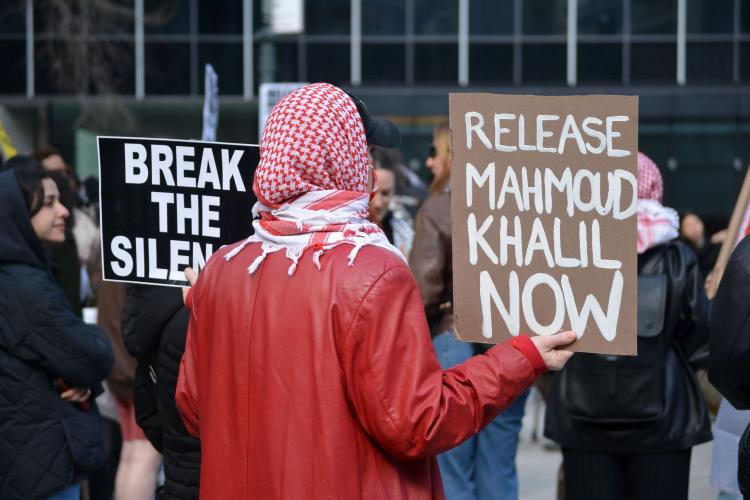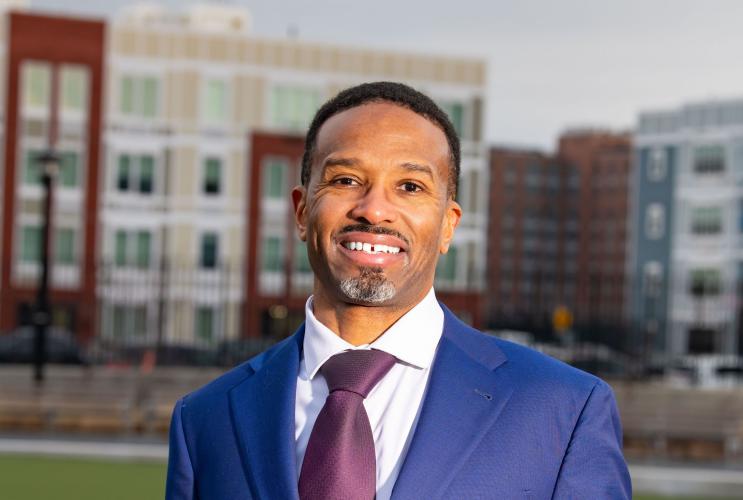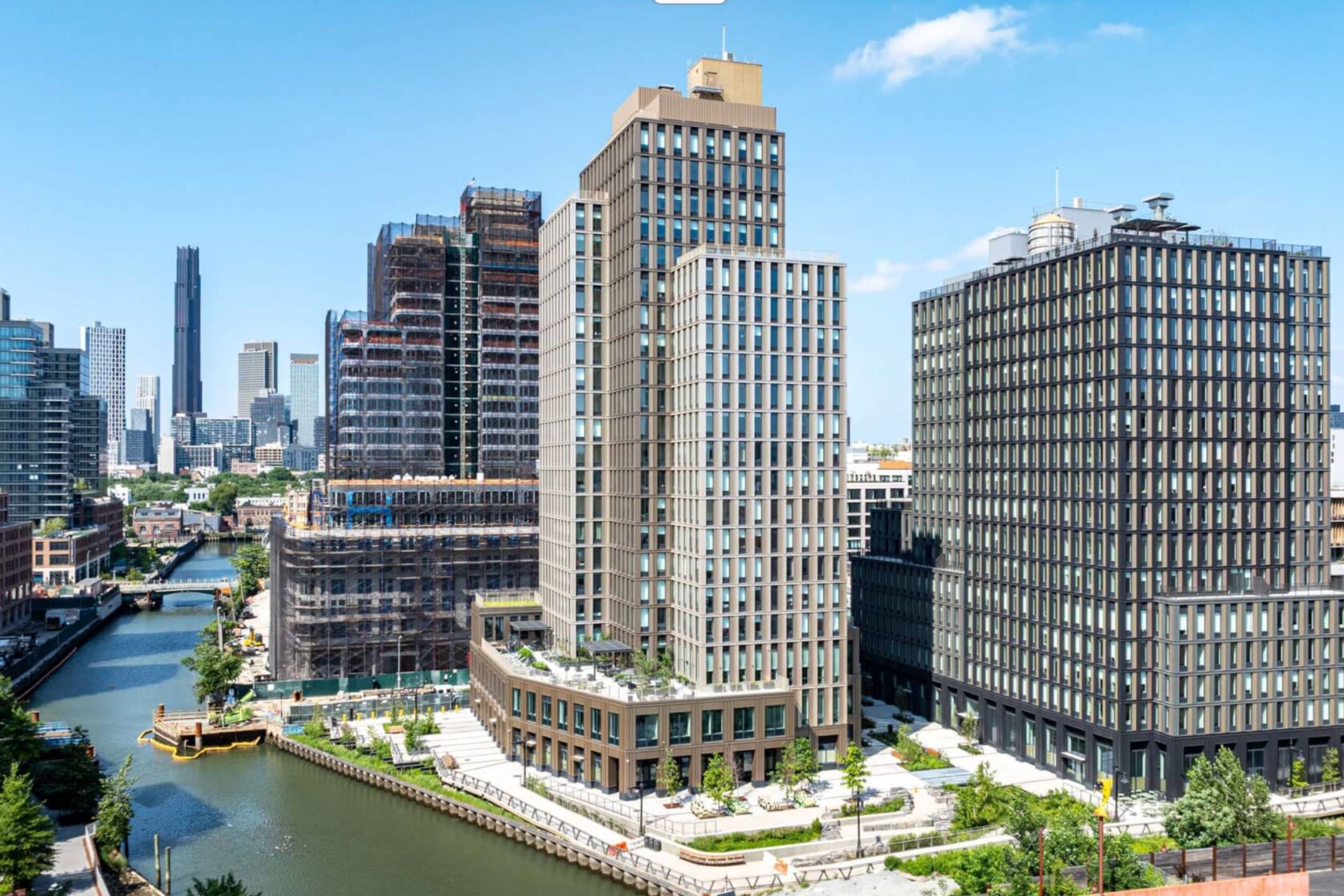
Gowanus Development
Gowanus Development (© Barrett Doherty)
Gowanus Development
OpEd: NYC’s Real Housing Crisis: Renters and Homeowners Must Unite Against Billion-Dollar Developers, Hotel Lobbyists, and Outmatched Politicians
New York City’s housing crisis has become a dangerous game of misdirection. While communities struggle under the weight of rising rents and housing insecurity, billion-dollar developers and hotel lobbyists have skillfully shifted the blame, not onto themselves, where it belongs, but onto small homeowners just trying to make ends meet.
This false narrative pits renters against homeowners, distracting both groups from the real sources of the crisis: luxury development without accountability, corporate greed, and elected officials who are often unprepared, or unwilling to challenge those forces.
If you're a New Yorker, you’ve seen it with your own eyes: massive developments going up in Gowanus, Greenpoint, Long Island City, Hudson Yards, the South Bronx, East New York, and beyond. These aren’t one-off buildings, they’re mini-cities, rising in nearly every borough, bringing thousands upon thousands of new units into the marketplace.
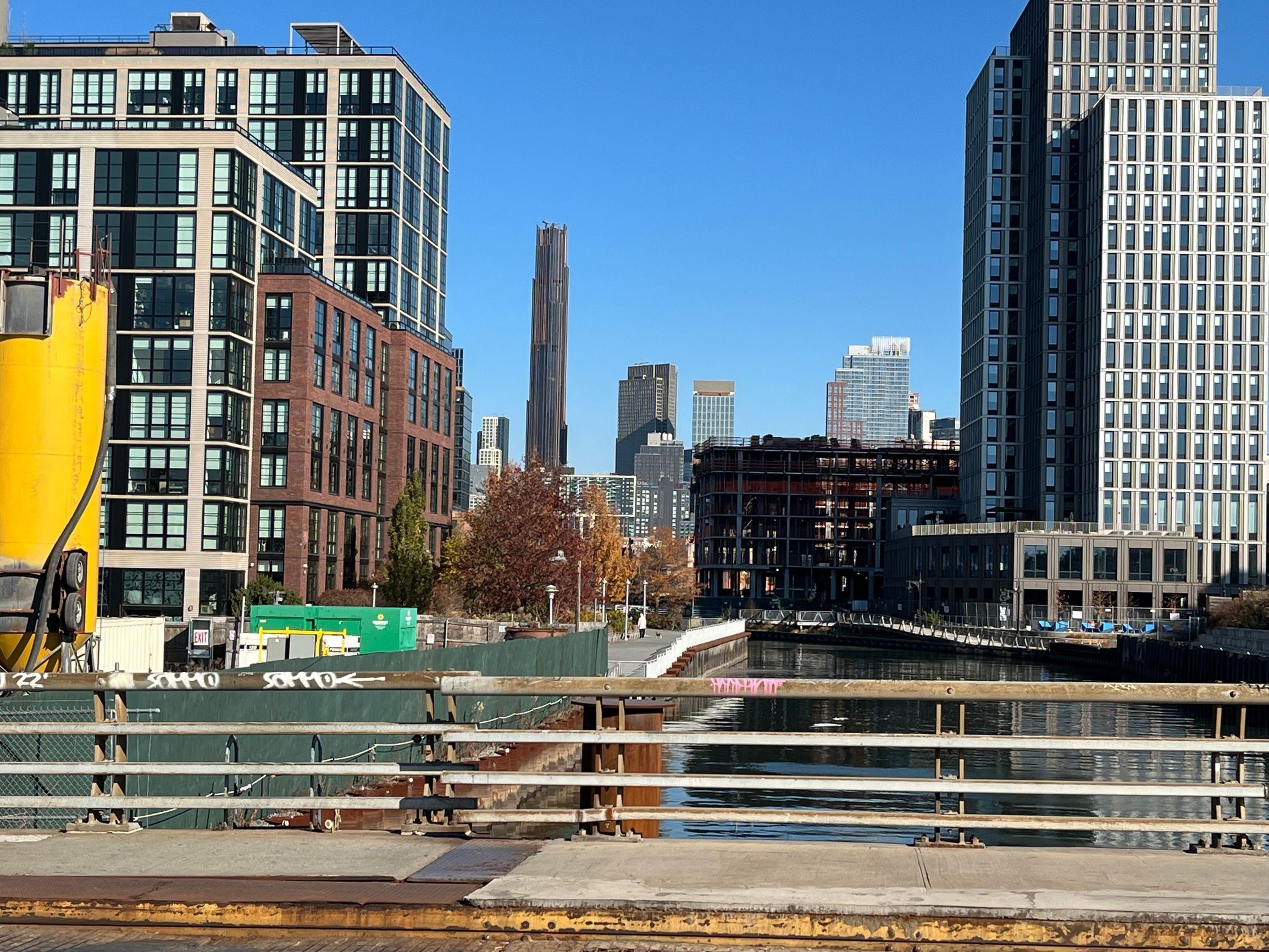
Gowanus Development by Martin G Brooklyn Homeowner
NYC Newswire
Gowanus Development by Martin G Brooklyn Homeowner

Gowanus Development by Martin G Brooklyn Homeowner
NYC Newswire
Gowanus Development by Martin G Brooklyn Homeowner
There’s No Housing Shortage—There’s an Affordability Crisis
Let’s be clear: New York City does not have a housing shortage. Just log on to Zillow, StreetEasy, or take a walk in almost any direction, apartments are available. What we’re facing is an affordability crisis, created by a system that allows developers to build for profit without meaningful obligations to the people who actually live here.
Developers routinely secure tax breaks and favorable zoning to build massive projects, while only offering a sliver of units at “affordable” rates—many of which are still out of reach for working families. Meanwhile, hotel lobbyists continue to pressure lawmakers to restrict short-term rentals, not because it improves housing stock, but because it protects their bottom line.
Progressive Thinking is Making the Housing Crisis Worse
Some progressive ideas about housing, even if they mean well, can actually make things worse for small homeowners and the housing crisis overall. When rules are put in place that treat small homeowners the same as big landlords or developers, it hurts regular people who are just trying to survive. For example, if someone owns a two-family house and depends on renting out one unit to help pay their bills, strict rules on rentals can take away that income. At the same time, big developers keep getting away with building expensive apartments that most New Yorkers can't afford. So instead of helping renters or solving the problem, these progressive policies can make housing more expensive and push small homeowners out, hurting the very communities they’re supposed to protect.
Another progressive policy that is making it harder for renters, is the idea of regulating real estate brokers. Even with good intentions these policies can sometimes backfire for middle-class renters. Take New York City’s recent broker fee reforms: while the goal was to shift the financial burden from tenants to landlords, the actual results were far more complicated. According to StreetEasy, broker fees in NYC used to cost renters an average of nearly $13,000 upfront, around 17% of the city’s median household income. When the law changed, landlords began raising rents to cover the costs instead. According to the Wall Street Journal, some listings saw rent hikes of up to 15% overnight, jumping from $4,750 to $5,500. Even worse, New York Post reports that more than 2,000 listings disappeared from the market after the reforms, with available inventory falling by about 30%. So while the reforms were designed to protect renters, they ended up reducing apartment access and driving up prices, especially for middle-income New Yorkers searching for quality housing.
NYC Newswire
NYC Newswire
Gowanus Development in Brooklyn Video
Politicians Are Often Outmatched at the Table
To make matters worse, many of our elected officials are out of their league when it comes to negotiating with billion-dollar developers. These developers bring seasoned legal teams, financial analysts, and decades of experience to the table. Too often, city officials lack the business knowledge or leverage to strike deals that truly serve the public. The result is a pattern of giveaways to private interests, while renters and homeowners are left with broken promises and rising costs.
And yet, instead of targeting the real culprits, some of those same officials turn their attention toward small property owners, people with a two- or three-family home, often living in one unit and renting the other to stay afloat. I wrote a previous OpEd explaining this exact point and a direct example of a politician hurting 2-family homeowners, and ultimately also hurting renters.
I spoke to a friend of mine who echoed the sentiments of the hotel lobbyists, telling me that 2 family homeowners were hoarding apartments. That’s when I knew the developers and hotel lobbyists were successful in creating their false narrative. I told my friend to just look around for himself at all of these bright shiny buildings, which he has never been inside any of them. Real apartments are in there. I had to ask him “Who’s hoarding apartments? My 1 apartment in my 2-family house or the thousands of apartments in just one of those new shiny buildings”. That’s when he realized he had been duped.
The Blame Game Has Gone Too Far
Here’s where things get absurd: in a city where entire vertical neighborhoods are being built every year, how did we end up with the idea that it’s the small homeowner who’s “hoarding” apartments? Why would anyone think that a homeowner with one extra rental unit is damaging the housing stock, while developers are putting up towers with hundreds of empty luxury units?
Even more troubling is that many renters have bought into this narrative. They’ve been convinced, often by slick PR campaigns, talking points, and legislation, that small homeowners are somehow responsible for the housing crisis. That’s not just inaccurate, it’s an astonishing political trick.
Honestly, we have to hand it to the developers and the hotel industry: they’ve done a masterful job at shifting the conversation. They’ve created and funded a false narrative so effectively that it has people blaming their neighbors instead of holding power accountable.
Watch for the “We Need More Housing” Trap
Let’s also be honest about another tactic we hear all too often: the line that “we just need to build more housing.” Any time you hear a politician or developer say this, it’s a major red flag. In almost every neighborhood, brand-new buildings with hundreds, sometimes thousands, of units are already being built. The skyline doesn’t lie.
So, when officials say we need “more housing,” you have to ask: who is this housing for? Because we’re already building more, it’s just not for working-class New Yorkers. It’s not affordable. It’s not accessible. And pretending otherwise either insults our intelligence or hopes we’re not paying attention. Don’t let that narrative go unchecked.
The Truth: Renters and Homeowners Are on the Same Team
The truth is simple: renters and homeowners are not enemies. We are both being squeezed by a system that rewards wealth and punishes working people. The hotel industry wants to kill competition. Developers want tax breaks with no accountability. And too many politicians are caught in the middle, unequipped to push back.
Whether you’re renting an apartment or holding onto a family home, we are all struggling under the same broken system. And we all want the same thing, a New York where we can live, work, and raise our families without fear of displacement.
Let’s Get Clear on What the Crisis Really Is
To every renter reading this: know who’s really to blame for the so-called “affordable housing crisis.” It’s not your neighbor who rents out a basement apartment. It’s not the homeowner trying to pay their mortgage. It’s the developers building $3,000 studios while getting tax breaks. It’s the hotel lobby fighting to shut down everyday people’s ability to make income from their own homes.
There is not a housing crisis in New York City. There is an affordable housing crisis. And if we don’t fight it together, we will all be priced out, one by one.
So, let’s unite. Let’s push for policies that hold developers accountable, support small homeowners, and build real affordability, not luxury shells. The future of New York depends on it. We must also not let political soundbites trick us into thinking progressive policies are going to help renters and small homeowners. Those policies have not been well thought out and will in fact make New York City more expensive year after year.



